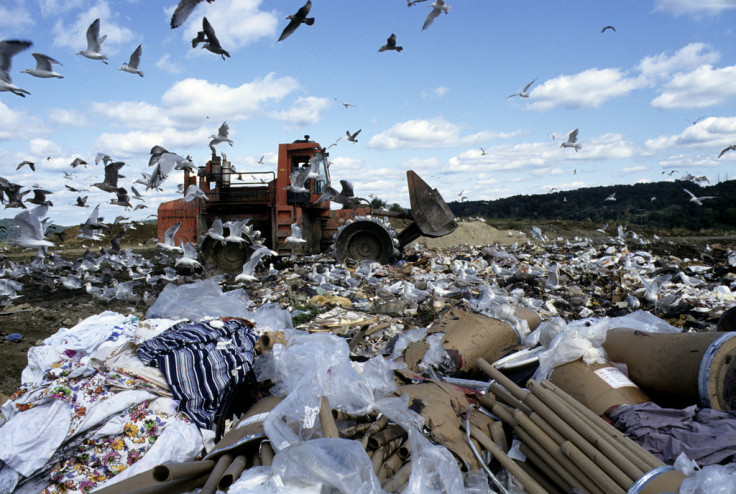Birds more likely to survive winter by feeding on landfill than migrating south

Birds are choosing to spend the winter feeding on landfill instead of migrating, and more of them are likely to survive because of it, say researchers. GPS devices attached to storks showed that a diet of rotten meat and old chicken bones is actually less risky than making the long journey south for the winter months.
A study published in the journal Science Advances has shown that rubbish dumps provide an easy and convenient way to find food – key to maintaining energy needed to stay warm over winter. Of 29 storks studied, just six survived; four that lived on landfill sites, and two that took the more conventional migration path.
"For the birds it is a very convenient way to get food," lead author Andrea Flack told The Guardian. "There are huge clusters of organic waste they can feed on."
The researchers discovered that while the food is much less appetising – as well as aesthetically pleasing – in rubbish dumps, less energy is used overall compared to migration. Therefore, theoretically, the food does not need to be as fulfilling.
They do warn however that there are more risks for birds choosing to live on these waste dumps. Disease and choking are ultimately the biggest concerns.
"It's very risky," Flack said. "The birds can easily eat pieces of plastic or rubber bands, which can get stuck in their throats, and they can die.
"We don't know about the long-term consequences. They might eat something toxic and damage their health."
The study used a total of 29 white storks from eight different colonies, in eight different countries across Europe, North Africa and Asia. Birds from Russia, Greece and Poland migrated to South Africa, as usual. While storks from Spain, Tunisia and Germany stopped at the Sahel region of Africa – central-north Africa – to feed on refuge dumps.
The results showed that of the 11 storks for each group, just two survived past five months from those that migrated south. However, of those that fed on landfill, four survived.
Scientists are still trying to decide whether the positives outweigh the negatives for birds, but the study suggests that could well be the case. Flack did say that the human-made rubbish sites do provide a useful service.
© Copyright IBTimes 2024. All rights reserved.






